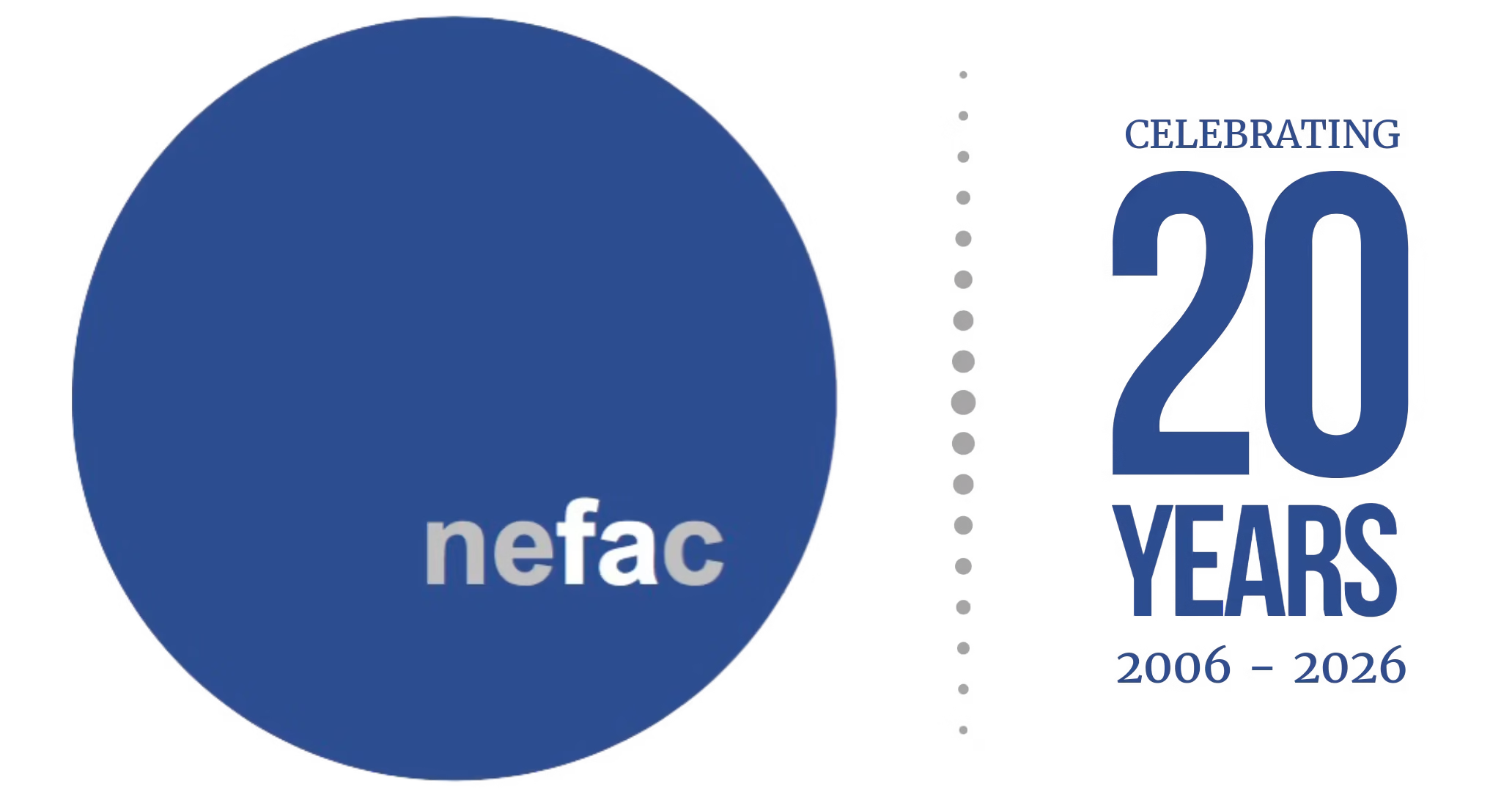By James H. Smith
 Connecticut Superior Court Judge Stephen F. Frazzini is a respected, Yale-educated, former legal assistance lawyer, who in 2003 ruled that jurors’ names are public when a prosecutor tried to make them secret.
Connecticut Superior Court Judge Stephen F. Frazzini is a respected, Yale-educated, former legal assistance lawyer, who in 2003 ruled that jurors’ names are public when a prosecutor tried to make them secret.
But Frazzini stunned the legal community on Monday with a prior restraint order issued from the bench against the Connecticut Law Tribune, which was preparing a story about a custody battle in state Juvenile Court. He even sealed his oral ruling.
What was Frazzini thinking? Did he forget about Daniel Ellsberg, the Pentagon Papers and the U.S. Supreme Court ruling in 1971 that prior restraints are unconstitutional — except maybe during Armageddon?
The Law Tribune was preparing to publish a story about a child custody case in which a man is seeking a writ of habeas corpus to remove his children from the care of the Department of Children and Families. Juvenile Court proceedings in Connecticut are generally closed and the reporter for the Law Tribune was ordered to leave the courtroom. The children’s mother then filed a motion in New Britain Superior Court to prevent the Law Tribune from publishing the story.
Daniel J. Klau, the Law Tribune’s lawyer, filed a motion Tuesday asking the state’s appellate court to stay the lower court’s injunction.
“We certainly hope that the judges review the motion immediately and overturn the order or, at a bare minimum, grant us an immediate hearing in the appellate court next week, if not earlier,” Klau said.
He had earlier filed an objection in Superior Court, arguing that any prior restraint on publication is unconstitutional. The brief quoted the 1976 U.S. Supreme Court case of Nebraska Press Assoc. v. Stuart:
“Prior restraints on speech and publication are the most serious and the least tolerable infringements on First Amendment rights.”
In Nebraska v. Stuart, the press was forbidden from writing about the confession of a mass murderer. That case produced one of the most storied passages in First Amendment jurisprudence, penned by Justice William Brennan:
“Settled case law concerning the impropriety and constitutional invalidity of prior restraints on the press compels the conclusion that there can be no prohibition on the publication . . . the press may be arrogant, tyrannical, abusive, and sensationalist, just as it may be incisive, probing, and informative. But at least in the context of prior restraints on publication, the decision of what, when, and how to publish is for editors, not judges.”
Traditionally in Connecticut, juveniles are not identified in court, but that does not mean the press should ignore the processes of the court. This is part of the First Amendment watchdog function of the press. Judge Frazzini should remember his 2003 ruling that the names of jurors are public. In that ruling, Frazzini said:
“When the public is aware that the law is being enforced and that the criminal justice system is functioning, an outlet is provided for the understandable reactions of the public . . . secret proceedings deny that outlet, frustrate a broad public interest.”
Certainly that principle also holds true when a court is determining the custody of a child.
James is the president of the Connecticut Council on Freedom of Information. He is also a NEFAC board member.
